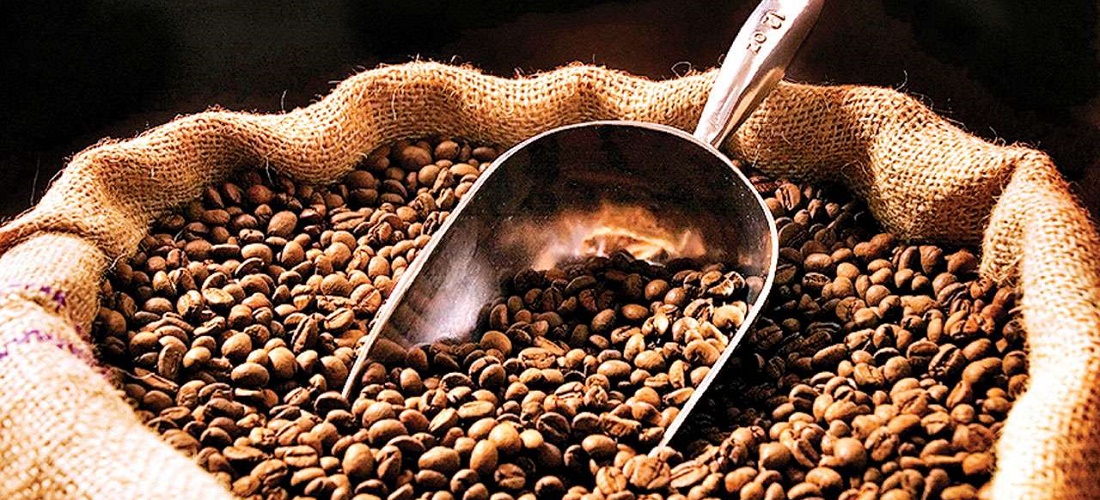
Coffee sector turns to tech to meet anti-deforestation law
Nov, 04, 2024 Posted by Sylvia SchandertWeek 202442
The Brazilian Coffee Exporters Council (Cecafé) is leading an initiative to develop a georeferencing technology capable of pinpointing locations with up to 50 centimeters of accuracy, providing robust proof of origin for Brazilian coffee. This level of precision will enable comprehensive mapping of the country’s coffee estates, helping to meet the requirements of the European Union’s anti-deforestation regulation, the EUDR.
While the technology is designed for the coffee industry, it could later be adapted for other commodities.
The chart provides an overview of Brazilian coffee bean exports in containers. The information comes from Datamar’s DataLiner data.
Brazilian Coffee Exports | Jan 2021 – Sep 2024 | TEUs
Source: DataLiner (click here to request a demo)
Cecafé will oversee the R$6.5 million project, awaiting final approval from the Ministry of Agriculture to allocate discretionary funds from the Coffee Economy Defense Fund (Funcafé) for 2024.
As of the latest update, Cecafé has been waiting for the ministry’s response. Marcos Matos, Cecafé’s CEO, noted that the coffee production chain and the Coffee Policy Deliberative Council (CDPC) have already approved the use of these funds.
Currently, Funcafé’s discretionary resources total R$11 million, with R$4.5 million earmarked for promoting Brazilian coffee.
The Federal University of Lavras (UFLA) will collaborate on the project, with potential private sector involvement as it progresses.
Mr. Matos emphasized the urgency of obtaining the ministry’s authorization to ensure funds are allocated by year-end.
If the project succeeds, Brazil will have a more advanced technology than the artificial intelligence-based systems currently used in the European Union.
Producing countries have criticized the existing technology, and Cecafé argues it represents a significant technical flaw in the EU’s anti-deforestation law, as it lacks the accuracy needed to reliably trace product origins.
Mr. Matos notes that Brazil’s new technology could highlight gaps in the EU’s standards, which fail to apply uniformly across different crops, whether in Brazil or Uganda.
Such arguments are adding pressure on the European Parliament, which is set to vote on a proposal to delay implementing the EU’s Anti-deforestation Act in its upcoming session on November 13-14.
According to Cecafé, international sentiment suggests the Parliament may relent, primarily due to pressure from Germany, the EU member with the most seats. The German Coffee Association, after consulting German parliamentarians, has confirmed Germany’s position in favor of a postponement.
Companies such as Nespresso and Lavazza have also expressed support for delaying enforcement, Mr. Matos adds.
Luis Rua, Secretary for Trade and International Relations at Brazil’s Ministry of Agriculture, refrained from speculating on potential amendments to the EUDR. For Secretary Rua, the focus should be on listening to industry stakeholders and closely analyzing the specific EU requirements.
“Many global supply chains currently rely on the European Union as a key market, and without sufficient technological and personnel resources, they risk vanishing,” he says. Brazilian sectors, meanwhile, are cautiously optimistic about potentially increasing their market share if they comply fully with the rules, especially as some competitors may not.
Translation: Todd Harkin
Source: Valor Internacional
-
Ports and Terminals
Mar, 03, 2020
0
Codesp officially changes name in line with international standards
-
Ports and Terminals
Apr, 15, 2020
0
Container handling at Itajaí grows 22% in the first quarter
-
Ports and Terminals
Mar, 27, 2025
0
North Yard Lease Could Generate R$ 81 Million for the Port of Natal Over 15 Years
-
Other Cargo
Aug, 02, 2023
0
Fertilizer deliveries grew 21.9% in May



